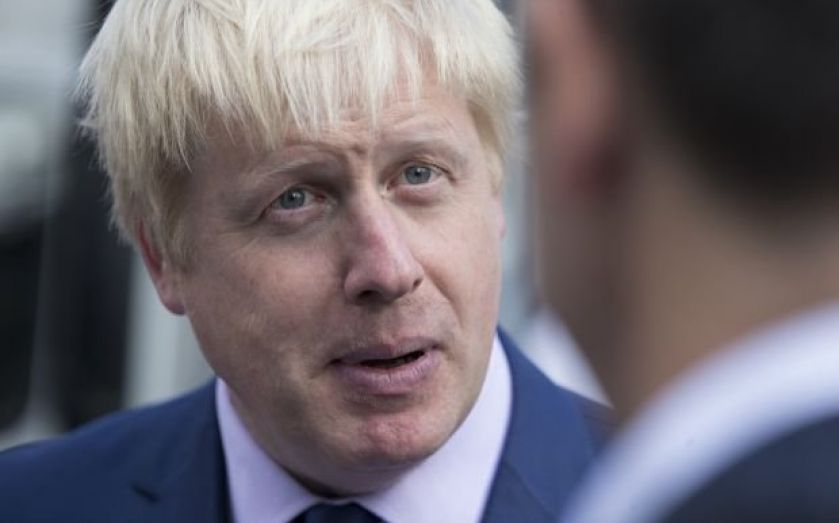| Updated:
Boris Johnson’s parliamentary voting record: Yes to hunting, no to the EU

Boris Johnson has been out of parliament for six years. As mayor he has been pro-business and is quoted as saying:
"I'm a one-nation Tory. There is a duty on the part of the rich to the poor and to the needy, but you are not going to help people express that duty and satisfy it if you punish them fiscally so viciously that they leave this city and this country. I want London to be a competitive, dynamic place to come to work."
But what does his previous voting track record say about his view of business and the wider world?
He very rarely went against the whip, rebelling just six times in his voting history, on issues including the repeal of a prohibition of the promotion of homosexuality and licencing laws around human-animal hybrid embryos, according to TheyWorkForYou.com. His voting track history is most similar to that of Francis Maude and Malcolm Rifkind, though he is also very similar to Richard Spring, David Cameron and Ken Clarke.
On Europe, foreign policy and defence
* He voted moderately for a referendum on the UK's membership of the EU, moderately against more EU integration.
* He voted very strongly for the Iraq war and the same when it came to voting on whether there should be an investigation into the Iraq war.
* He voted very strongly for replacing Trident with a new nuclear weapons system and strongly for use of UK military forces in combat operations overseas.
On social and home affairs issues
* He was very against the hunting ban, moderately for equal gay rights and greater regulation of gambling and moderately against smoking bans and the introduction of ID cards.
* He also voted moderately against Labour's anti-terrorism laws but gave a mixture of for and against votes on making the British asylum system stricter.
On work, tax and pensions
* Johnson was very strongly against encouraging occupational pensions.
* He voted moderately for measures to prevent climate change.
* He voted against the abolition of the 10 per cent starting rate of income tax.
On health and education
* Boris voted strongly against introducing foundation hospitals, and he felt likewise about the university tuition fees, but he voted strongly for greater autonomy for schools.